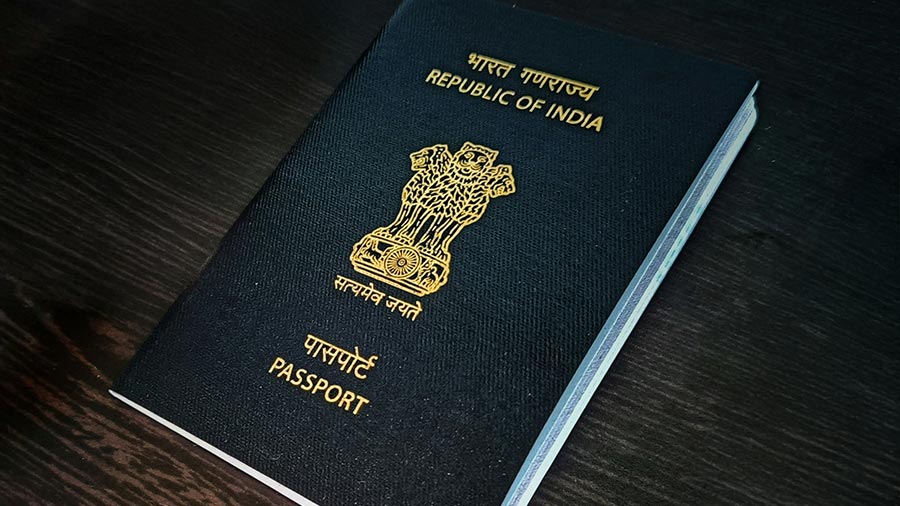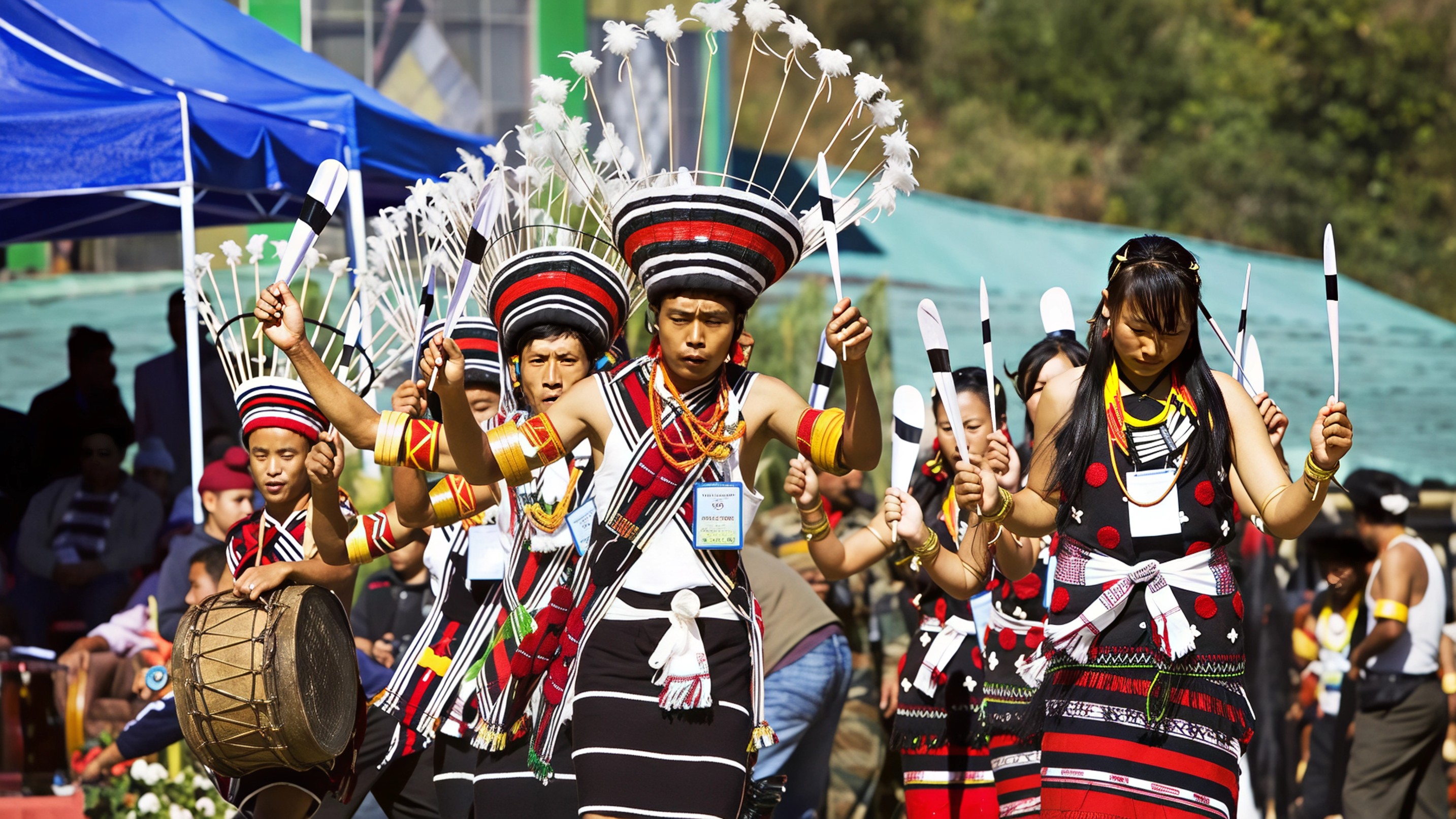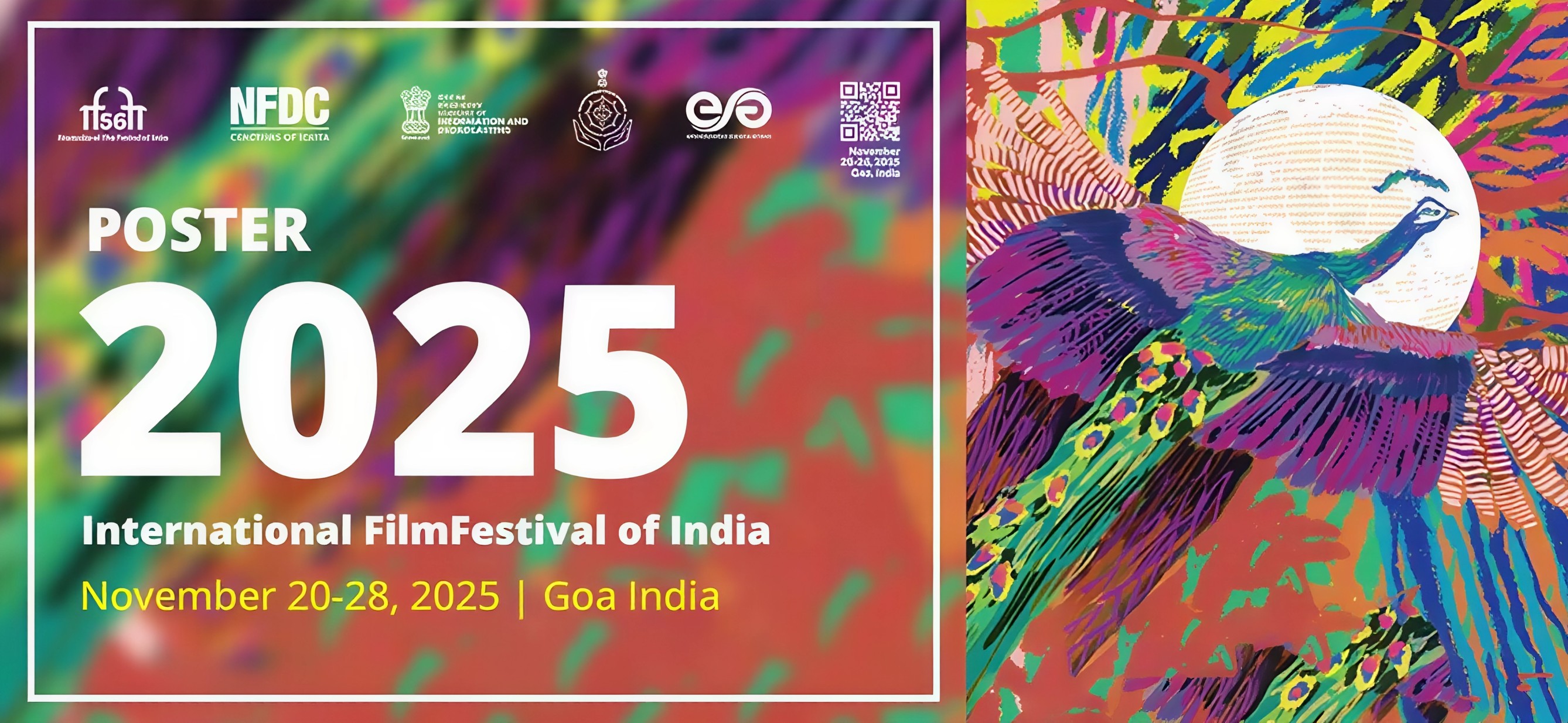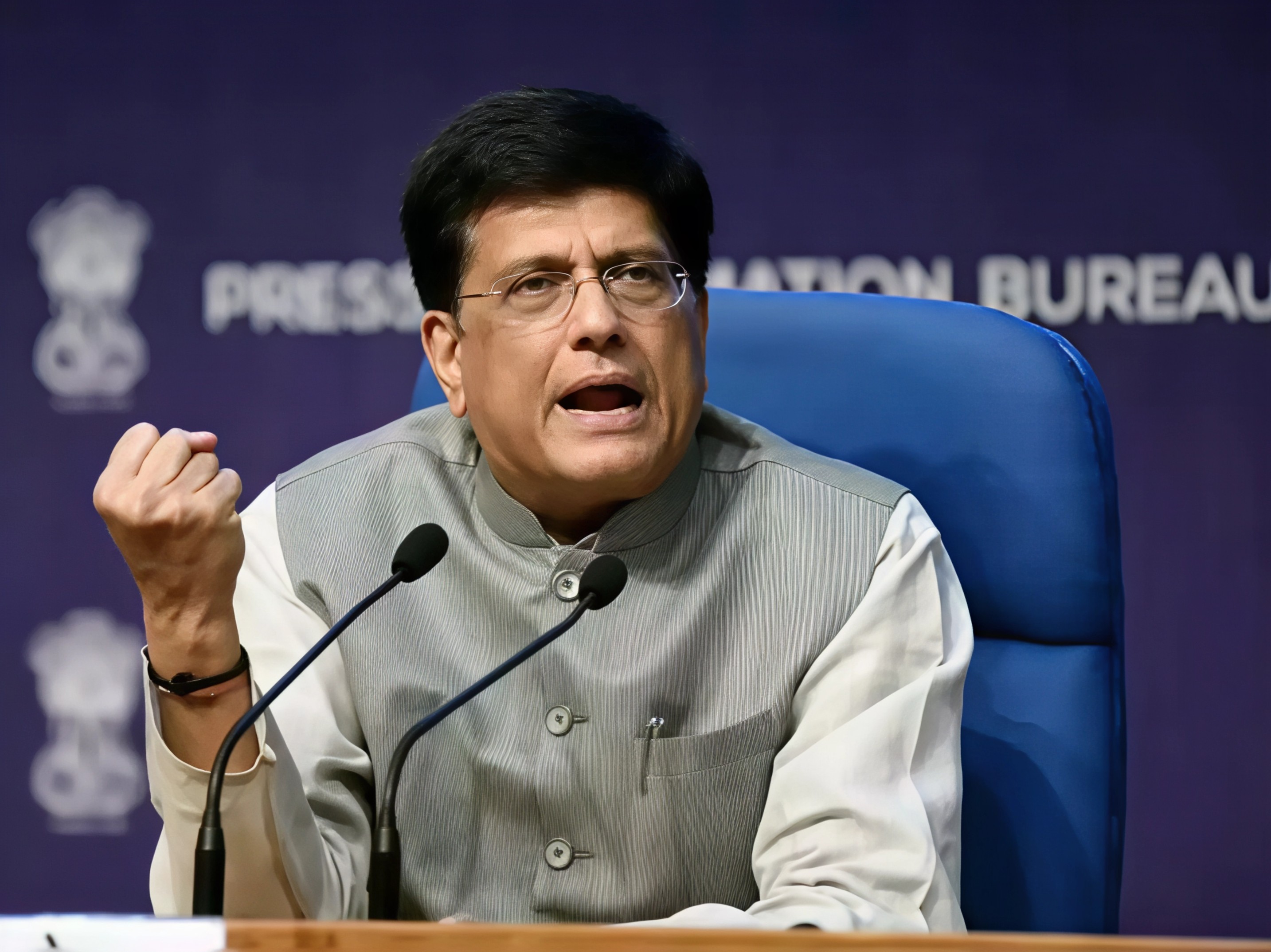India has taken a major step to simplify cross-border travel by announcing that citizens of Nepal and Bhutan can now enter the country without a passport or visa, provided they travel directly from their home countries. The new rules, effective from September 2, 2025, aim to make travel smoother while modernising India’s immigration framework to address security concerns and humanitarian considerations.

Under the updated guidelines, travellers from Nepal and Bhutan may use alternative identification documents for entry. Accepted documents include citizenship certificates, voter ID cards issued by their home countries, or limited-validity photo IDs issued by their missions in India. Passports remain optional for those who already possess them. Minors aged ten to eighteen may present a school ID signed by the principal if travelling with parents carrying valid documents, while children under ten do not need to carry any identification.
This relaxation applies exclusively to direct entry from Nepal or Bhutan. Travellers who arrive via other countries must possess a valid passport to enter India. The move formalises India’s longstanding open-border policy with its Himalayan neighbours, enhancing transparency and easing movement for both personal and commercial purposes.

Alongside this travel convenience, the government has strengthened immigration oversight with the Immigration and Foreigners Act, 2025. This new law replaces older regulations, consolidates immigration rules, and introduces stricter monitoring to prevent fraud. Foreign nationals, including those from Nepal, and Overseas Citizens of India are required to submit Form C, while hotels, hospitals, universities, and other institutions must report the presence of foreign visitors. Non-compliance can lead to fines up to INR 3 lakh or imprisonment of up to three years. OCIs must also file Form S, and local authorities act as Foreigners Registration Officers to ensure enforcement.
The updated rules also provide relief to vulnerable groups. Persecuted minorities from Afghanistan, Bangladesh, and Pakistan, including Hindus, Sikhs, Buddhists, Jains, Parsis, and Christians who entered India on or before December 31, 2024, are exempted from needing valid passports or visas. Registered Sri Lankan Tamils who arrived before January 9, 2015, receive similar protection. These measures uphold India’s tradition of providing sanctuary to those in need while maintaining proper oversight of migration.

The government’s new regulations strike a balance between convenience and security. Citizens of Nepal and Bhutan can now enjoy hassle-free travel for tourism, trade, education, and family visits, while India strengthens its immigration system and safeguards vulnerable communities. The streamlined entry process is expected to boost cross-border exchanges, deepen cultural ties, and make regional travel more efficient.
These reforms mark a significant milestone in India’s approach to cross-border mobility. By removing bureaucratic hurdles for Himalayan neighbours and integrating humanitarian considerations into immigration law, India is creating a framework that is both secure and inclusive. For tourists, business travellers, and families, this change promises a faster, easier, and safer travel experience.
Stay updated on all travel rules, immigration reforms, and smart border tips by following Tech Moves on Instagram and Facebook for the latest news and expert guidance.








